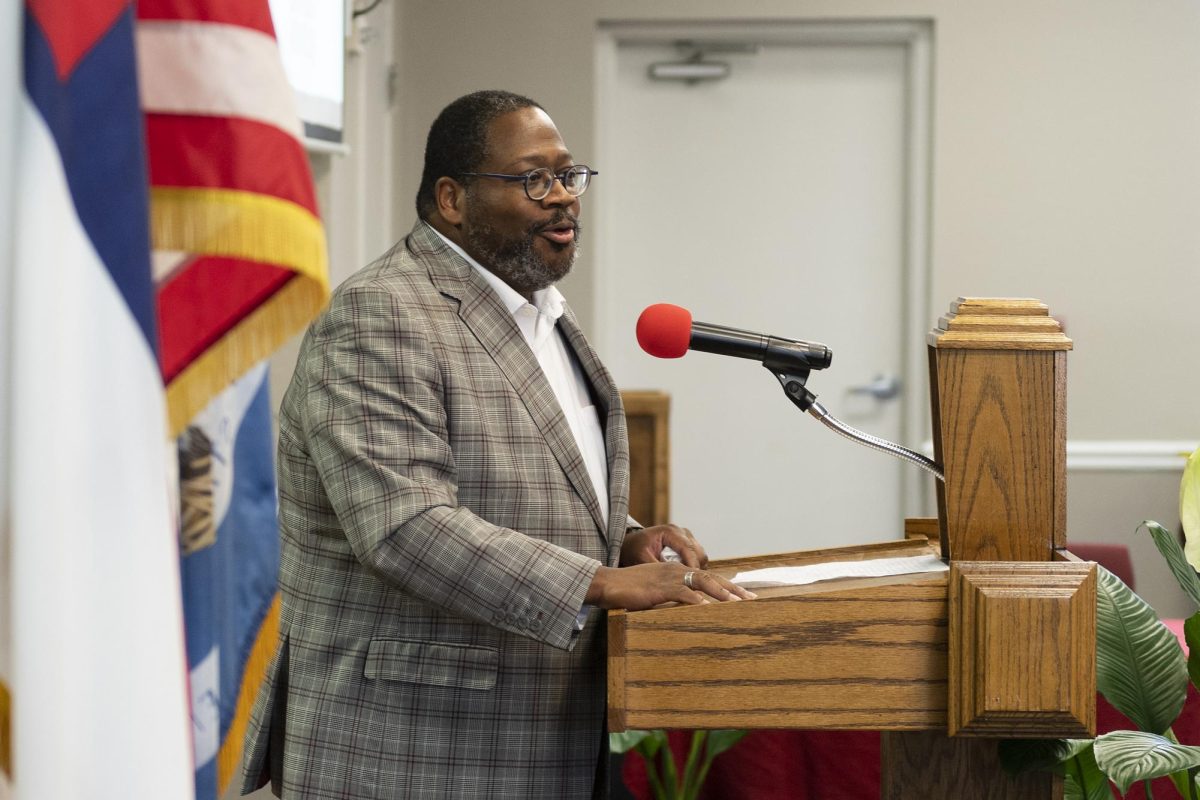Since the first Louisiana death of a 21-year-old woman due to complications from the H1N1 flu was confirmed in the New Orleans area earlier this month, Loyola is taking extra precautions.
The Louisiana Department of Health and Hospitals announced Aug. 24 there are 506 confirmed cases in the state. With predictions that the H1N1 influenza virus will infect 30 to 50 percent of the U.S. population this year, according to the President’s Council of Advisors on Science and Technology report, Loyola is taking steps to minimize the spread of the pandemic virus.
“At this point the CDC is unsure of how severe the H1N1 strain will be this fall, so Loyola is taking the necessary precautions to provide safety for the community,” said Dr. Alicia Bourque, director of counseling and health services at the University Counseling Center.
Bourque is leading a task force on Loyola’s H1N1 pandemic flu plan. So far, the plan consists mainly of an education campaign reiterating common sense hygiene, such as using hand sanitizer, frequent hand washing and covering one’s cough. Loyola students can expect e-mails reminding them about these practices. Also, posters provided by the Center for Disease Control will be placed along campus corridors and hand sanitizers will be available in Student Affairs offices, residence halls, Student Health Services, dining areas and other buildings on campus, according to the university.
Bourque said students living on campus showing flu-like symptoms will be asked to either stay in their dorm rooms until 24 hours after their fever breaks or go home if they are from the area. Further quarantine procedures are to be discussed in a meeting with the administration Aug. 28.
Also to be discussed at this meeting are response plans for “what-if scenarios,” according to Bourque.
Student Health Services has con-tracted the help of Ochsner Baptist Medical Center for testing for the H1N1 virus and will begin vaccinating students, faculty and staff as soon as the vaccine is available, Bourque said.
CDC officials recommend people between the ages of 6 months and 24 years get the vaccine as soon as it becomes available. They also recommend pregnant women, people living with children younger than 6 months, medical services personnel and people with chronic health disorders or compromised immune systems do the same.
However, the CDC acknowledged there may be a vaccine shortage initially because it’s difficult to predict demand. In this case, the CDC’s Advisory Committee on Immunization Practices recommended only children 6 months through 4 years receive the vaccine before others, along with pregnant women, people living with children younger than 6 months, medical services personnel and children 5 through 18 years of age who have chronic medical conditions.
The president’s advisers’ report predicted that there could be up to 1.8 million Americans admitted to the hospital during the pandemic.
The H1N1 virus is no more lethal than the regular flu, the report said, but poses more of a risk because virtually no one has immunity to it.
Jean-Paul Arguello can be reached at
[email protected]
Categories:
H1N1 plan of action in the works
August 27, 2009
0
More to Discover





